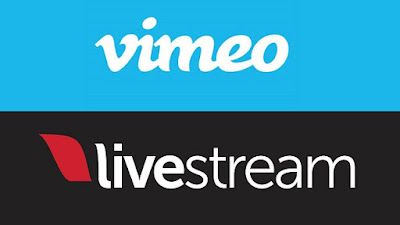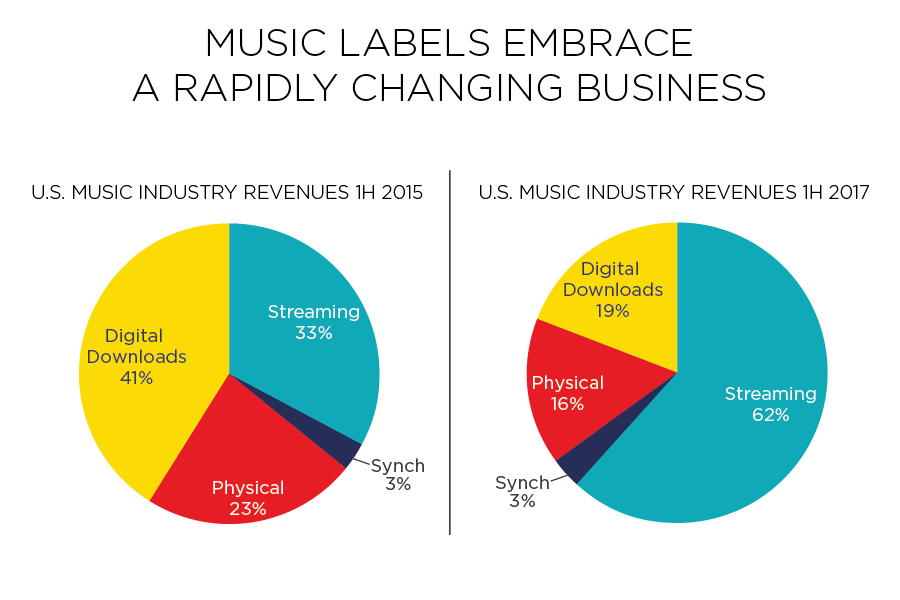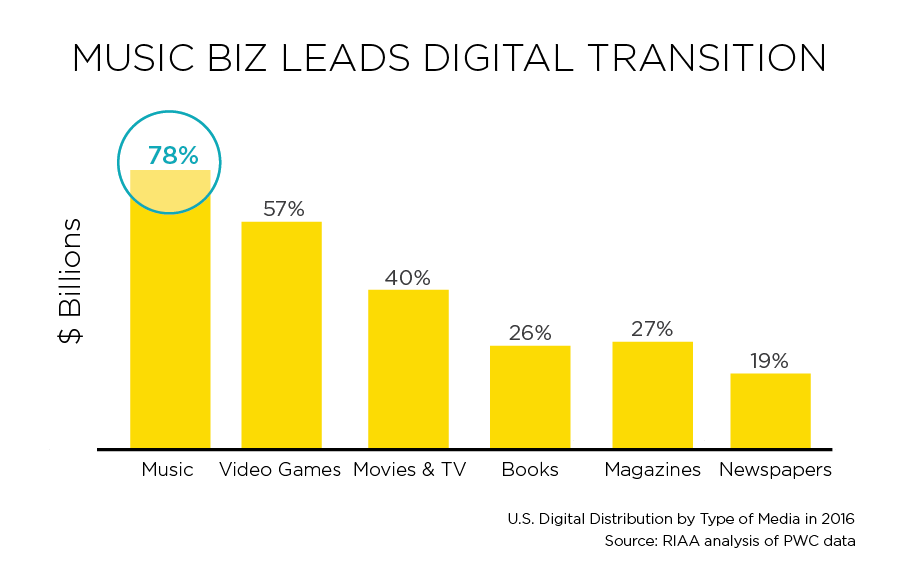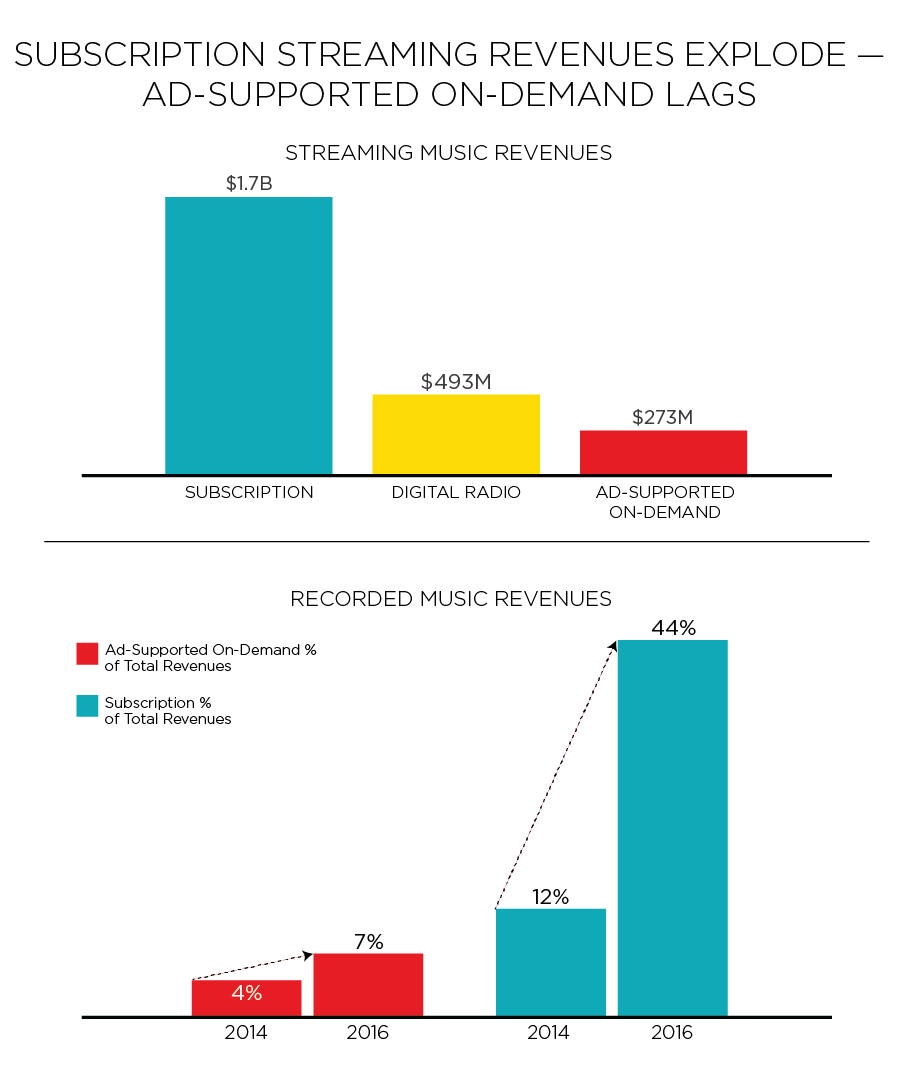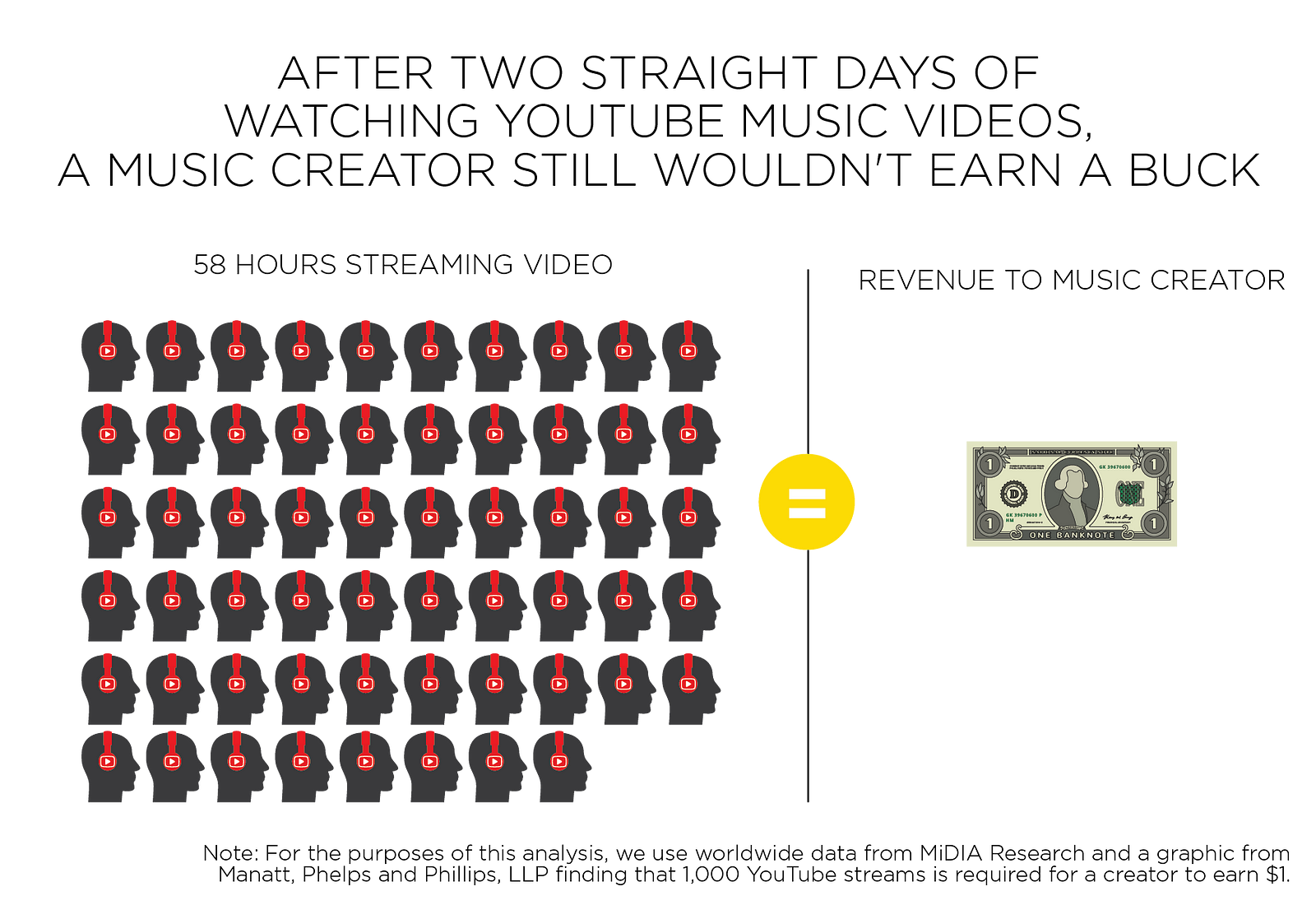Unreleased 1963 Beatles Demo Up for Sale on eBay: Listen to a Snippet
A rare, unreleased demo of The Beatles song “What Goes On” is currently on sale through a listing on eBay, via the website Parlogram. This 1963 demo version predates the Beatles recording sung by Ringo Starr and released on the Rubber Soul album in 1965. This earlier version was sung by John Lennon, who wrote the song, and features Lennon singing different lyrics. According to an auction house spokesman, the demo also has Lennon on acoustic guitar and Paul McCartney on harmony on the chorus; a few piano notes are audible in the background toward the end of the track. An excerpt of the recording can be heard on the eBay auction listing. The sale will end Oct. 1.
According to Kenneth Womack's book The Beatles Encyclopedia: Everything Fab Four, Lennon has said the song was written in their earliest days. “That was an early Lennon, written before the Beatles when we were the Quarrymen or something like that,” Lennon told an interviewer. “And resurrected with a middle eight thrown in, probably with Paul's help, to give Ringo a song. And also to use the bits because I never liked to waste anything.”
The Beatles had originally wanted to record the song at their session on March 5, 1963, according to Mark Lewisohn in his books The Complete Beatles Recording Sessions and The Complete Beatles Chronicles, but the plan was scrapped. Ringo Starr was later given a co-composer credit for the new middle eight, which was added during the 1965 recording sessions. Author Steve Turner wrote that Ringo later described his contribution in 1966 as “about five words.”
The demo disc was first sold by the George Harrison family though Bonham's auction house in 2012 for $8,461, including buyer's premium. Under U.K. law, the track is now in the public domain since it hadn't been released within 50 years of recording.



